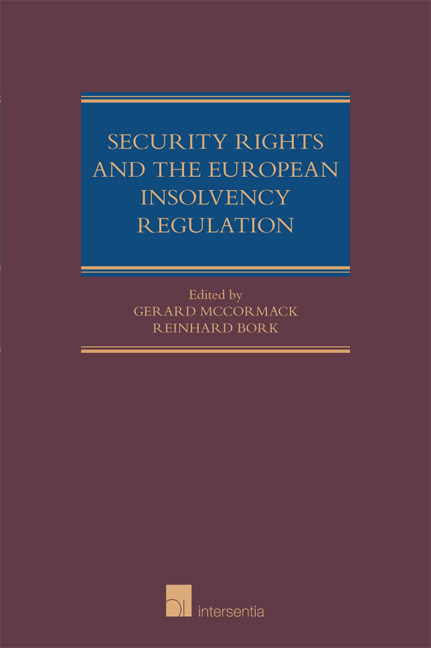Book contents
- Frontmatter
- Disclaimer
- Preface
- Contents
- Questionnaire
- Table of Cases
- Table of Abbreviations
- Part I Comparative Analysis
- Part II National Reports
- Chapter 5 Germanic Legal System – Germany and Austria
- Chapter 6 Common Law System – England and the Republic of Ireland
- Chapter 7 Roman Legal System – Spain, Italy and France
- Chapter 8 Central and Eastern European Systems – Hungary, Poland and Lithuania
- Index
- List of Authors
Chapter 5 - Germanic Legal System – Germany and Austria
from Part II - National Reports
Published online by Cambridge University Press: 21 September 2018
- Frontmatter
- Disclaimer
- Preface
- Contents
- Questionnaire
- Table of Cases
- Table of Abbreviations
- Part I Comparative Analysis
- Part II National Reports
- Chapter 5 Germanic Legal System – Germany and Austria
- Chapter 6 Common Law System – England and the Republic of Ireland
- Chapter 7 Roman Legal System – Spain, Italy and France
- Chapter 8 Central and Eastern European Systems – Hungary, Poland and Lithuania
- Index
- List of Authors
Summary
INTRODUCTION
The fact that German and Austrian law together with Swiss law and some other laws may be considered part of the Germanic Law System within the Continental Europe Law Family must not obscure the fact that these laws just like the laws of many other Continental European legal systems are greatly influenced by Roman law. This finding also applies to the security rights provided by German and Austrian law. The pledge (pignus) and even the disputed transfer of title by way of security (fiducia cum creditore) being common security rights in Germany and Austria have their roots in Roman law as well as the principle requiring the transfer of possession over tangible assets in order to establish security rights over them. There are, with some exclusions, no provisions for the registration of security rights over movable assets. As far as the transfer or establishment of security rights over real estate and certain types of movable assets is concerned this principle has been displaced by the introduction of specific registers which goes back to the introduction of certain court records during the Roman Imperium of the ancient German Nation.
Both German and Austrian law mostly meet the requirements of the core principles stipulated by the European Bank for Reconstruction and Development for an effective security rights law that fulfils the needs of the credit market. Despite the application of the principle of specialty (excluding a comprehensive security right such as the floating charge) generally all kinds of assets can be used as security to enable financing among all participants in legal transactions, legal entities as well as natural persons. Depending only on a contractual agreement and some publicity requirements, the contracting parties normally should be able to implement at any time security rights which can be created quickly and simply although this naturally may depend on the size of the transaction at hand.
- Type
- Chapter
- Information
- Security Rights and the European Insolvency Regulation , pp. 173 - 312Publisher: IntersentiaPrint publication year: 2017

